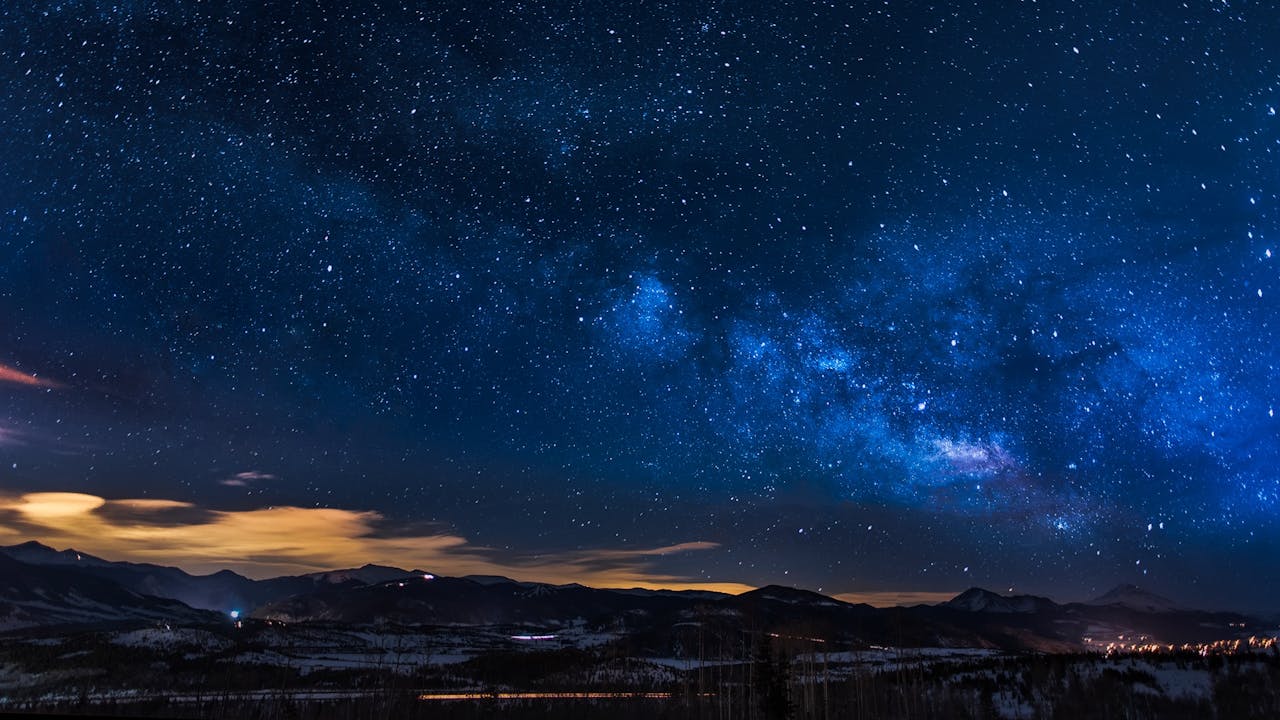Antarctica, the coldest, driest, and windiest continent on Earth, remains one of the last great frontiers of exploration. From the heroic age of polar exploration to cutting-edge scientific research, Antarctica has captivated the imaginations of adventurers, scientists, and dreamers for centuries. This long-form piece delves into the captivating world of Antarctic exploration, tracing its history, showcasing remarkable expeditions, examining the challenges faced by explorers, and contemplating the enduring allure of the southernmost continent.
The Age of Heroic Exploration
The late 19th and early 20th centuries marked the golden age of Antarctic exploration, as intrepid adventurers sought to conquer the icy vastness of the southern continent. Leading the charge was the British explorer Sir Ernest Shackleton, whose legendary Endurance expedition aimed to traverse Antarctica via the South Pole. Though thwarted by the crushing grip of pack ice, Shackleton’s leadership and determination ensured the survival of his crew in one of history’s greatest tales of endurance and resilience.
Race to the South Pole
The race to reach the geographic South Pole captivated the world’s attention, pitting rival expeditions led by Norwegian explorer Roald Amundsen and British naval officer Robert Falcon Scott against each other. In 1911, Amundsen’s team became the first to reach the pole, employing sled dogs and skis to cover the vast distances of the Antarctic interior. Tragically, Scott’s expedition ended in tragedy, with his party perishing on the return journey, just miles from safety.
Scientific Discovery and Exploration
While early explorers focused on geographical conquest, modern Antarctic expeditions prioritize scientific research and discovery. Research stations established by nations around the continent serve as bases for studies on climate change, glaciology, oceanography, and biodiversity. Projects like the International Thwaites Glacier Collaboration and the Antarctic Search for Meteorites program contribute valuable data to our understanding of Earth’s climate system and the evolution of life on our planet.
Life in the Frozen Wilderness
Antarctica is home to a diverse array of wildlife, adapted to survive in one of the harshest environments on Earth. Penguins, seals, whales, and seabirds thrive in the nutrient-rich waters of the Southern Ocean, while hardy species like Antarctic krill and icefish form the base of the region’s marine food web. Land-based ecosystems, including mosses, lichens, and algae, cling to life in the few ice-free areas of the continent, providing critical habitat for indigenous species.
Challenges of Antarctic Exploration
Exploring Antarctica presents a myriad of challenges, from extreme cold and fierce winds to treacherous crevasses and shifting sea ice. Expedition teams must contend with isolation, logistical constraints, and the risk of accidents or medical emergencies in remote and inhospitable environments. Antarctica’s harsh conditions demand meticulous planning, specialized equipment, and a spirit of cooperation and camaraderie among team members.
Preserving Antarctica’s Pristine Wilderness
As human activity in Antarctica increases, the need for conservation and environmental stewardship becomes paramount. The Antarctic Treaty System, established in 1959, regulates human activities on the continent, including scientific research, tourism, and resource exploitation. Designated Antarctic Specially Protected Areas and Antarctic Specially Managed Areas safeguard vulnerable ecosystems and cultural sites from potential threats, ensuring the preservation of Antarctica’s pristine wilderness for future generations.
The Future of Antarctic Exploration
As we enter a new era of Antarctic exploration, the continent’s importance as a natural laboratory for scientific inquiry and international collaboration continues to grow. Advances in technology, including autonomous drones, underwater robots, and satellite imaging, promise to revolutionize our understanding of Antarctica’s dynamic environment and its role in shaping global climate patterns. By working together to address the challenges of climate change and environmental conservation, we can ensure that Antarctica remains a beacon of discovery and inspiration for generations to come.
Antarctic exploration embodies the triumph of human spirit and ingenuity in the face of adversity, showcasing the enduring quest for knowledge and understanding in Earth’s last great wilderness. From the heroic exploits of early polar explorers to the cutting-edge scientific research of today, Antarctica continues to inspire awe and fascination, beckoning adventurers and scientists alike to unlock its mysteries and preserve its pristine beauty for future generations.




